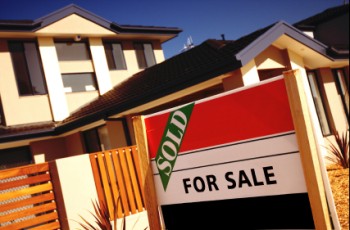Property sale scams
 In the past we’ve seen scammers target people trying to sell cars or computer consoles online but now the problem’s hit the real estate market.
In the past we’ve seen scammers target people trying to sell cars or computer consoles online but now the problem’s hit the real estate market.
A bogus buyer, who says they’re based overseas, approaches the seller claiming that they want to buy the house, unit or land being offered for sale.
They may try to convince the seller they have paid a deposit, perhaps by using a stolen or fake credit card or by sending an email linking to a bogus PayPal transaction.
The scammer could appear to ‘overpay’ the deposit and ask you to transfer back the overpaid amount.
Only when the overpayment has been returned will the seller realise that the deposit transaction has been reversed because it was made with a stolen or fake credit card or never existed in the first place because the PayPal email was bogus.
Alternatively the scammer may request that the seller pays a fee on their behalf, supposedly to facilitate the sale in some way.
They may claim that the fee is to cover taxes related to an overseas transaction or to pay for the release the funds from a holding account.
Whatever reason, the scammer will probably ask for the money to be sent by wire transfer, knowing that this method is virtually untraceable.
The con artist may however suggest payment via a secure payment system, but provide electronic links which take the seller to a fake version of a legitimate payment system site.
Home or land sellers need to be aware that in a real estate transaction, there should be no reason for the seller to outlay money on behalf of the buyer.
It’s the same for anything you’re selling really. If you’re asked to stump up money for shipping fees or taxes by an overseas buyer you should smell a rat.
The whole point of selling something is to make extra cash not lose money, so be on your guard to online sale scams.



